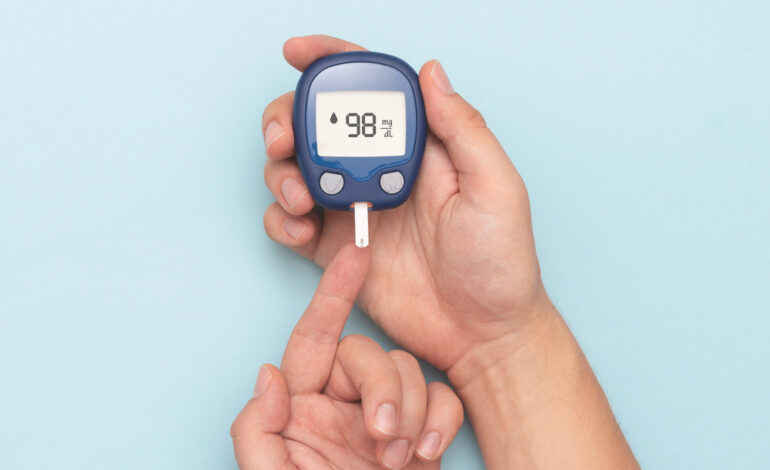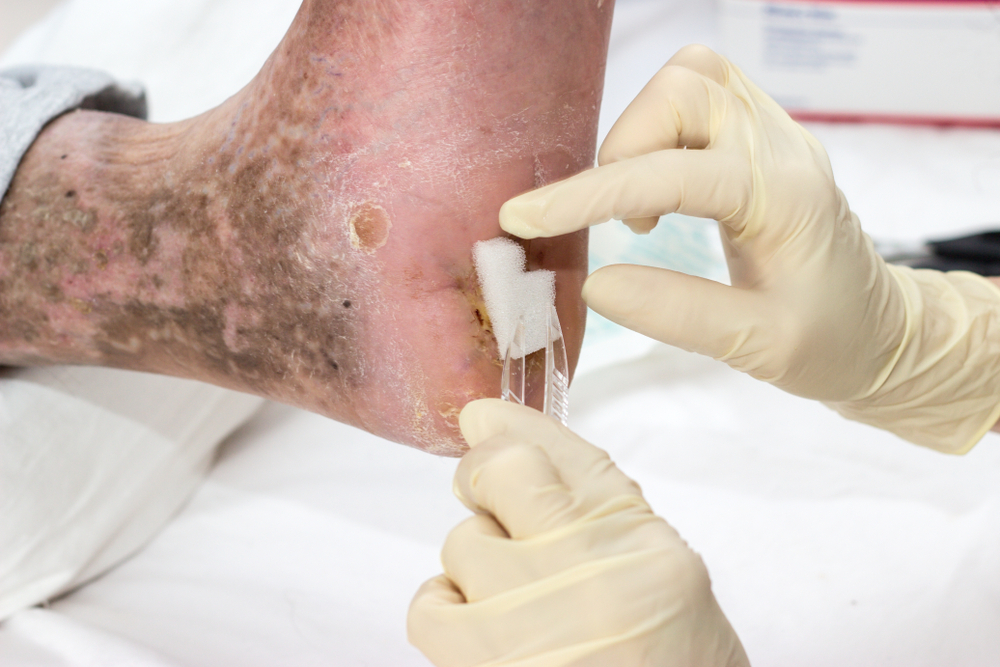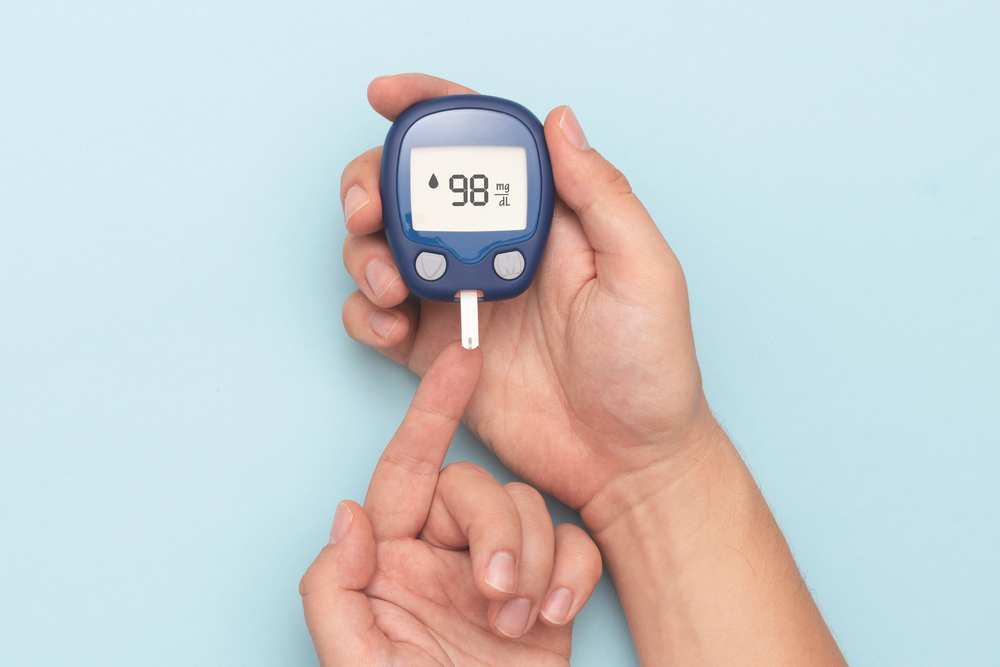Medications and Diabetes Management: Understanding Your Treatment Options

Medications and Diabetes Management: Understanding Your Treatment Options
While diet and exercise play significant roles in diabetes management, medications are often essential components of a comprehensive treatment plan. In this blog, we’ll explore the various medications available for diabetes management, their mechanisms of action, and how they can complement lifestyle changes.
The Role of Medications in Diabetes Management
Medications for diabetes serve several purposes, including:
- Blood Sugar Control: Medications help regulate blood sugar levels, ensuring they stay within target ranges.
- Insulin Assistance: For individuals with Type 1 diabetes or advanced Type 2 diabetes, insulin therapy may be necessary to supplement the body’s insulin production.
- Reducing Complications: Properly managed blood sugar levels with medications can lower the risk of diabetes-related complications, such as heart disease and nerve damage.
- Improving Quality of Life: Medications can help individuals with diabetes lead healthier, more comfortable lives by reducing symptoms like excessive thirst and frequent urination.
Types of Diabetes Medications
There are several classes of diabetes medications, each with its unique mechanism of action. Here are some of the most common:
1. Oral Medications:
- Metformin: The first-line treatment for Type 2 diabetes. It improves insulin sensitivity and reduces glucose production by the liver.
- Sulfonylureas: Stimulate the pancreas to produce more insulin.
- DPP-4 Inhibitors: Increase insulin release and reduce glucose production.
- SGLT-2 Inhibitors: Lower blood sugar by increasing glucose excretion in the urine.
2. Injectable Medications:
- Insulin: Various types of insulin are available, including rapid-acting, short-acting, intermediate-acting, and long-acting. They are administered by injection and help regulate blood sugar levels.
- GLP-1 Receptor Agonists: Injectables that stimulate the release of insulin and reduce appetite.
3. Combination Therapies:
In some cases, a combination of medications may be prescribed to optimize blood sugar control.
4. Insulin Pumps:
For individuals with Type 1 diabetes or advanced Type 2 diabetes, insulin pumps deliver a continuous supply of insulin to the body.
Treatment Goals and Personalization
The choice of medication depends on various factors, including:
- Type of diabetes (Type 1, Type 2, gestational diabetes)
- Overall health and medical history
- Blood sugar levels and patterns
- Lifestyle factors, including diet and exercise habits
Treatment goals are also individualized and may include:
- Achieving and maintaining target blood sugar levels
- Reducing symptoms
- Preventing or managing complications
- Enhancing overall quality of life
Combining Medications with Lifestyle Changes
Medications are often most effective when used in conjunction with lifestyle changes. Here’s how they can work together:
- Diet: A balanced diet supports medication effectiveness by regulating the intake of carbohydrates and other nutrients.
- Exercise: Physical activity helps insulin work more efficiently and can reduce the need for medications.
- Blood Sugar Monitoring: Regularly checking blood sugar levels helps ensure medications are working as intended.
- Stress Management: Stress can affect blood sugar levels. Effective stress management complements medication therapy.
- Regular Medical Checkups: Monitoring overall health and medication effectiveness is essential.
Side Effects and Risks
It’s crucial to be aware of potential side effects and risks associated with diabetes medications. These can vary depending on the medication type and individual response. Always consult your healthcare provider about any concerns or side effects you experience.
Conclusion
Diabetes management often involves a combination of medications, lifestyle changes, and regular monitoring. Your healthcare provider will work with you to develop a personalized treatment plan that addresses your unique needs and goals. By understanding your medication options and their roles in diabetes management, you can take an active role in your health and well-being.
In the next blog, we’ll explore the importance of regular blood sugar monitoring and provide guidance on how to track and interpret your blood sugar readings effectively. Stay informed and empowered on your diabetes management journey.










